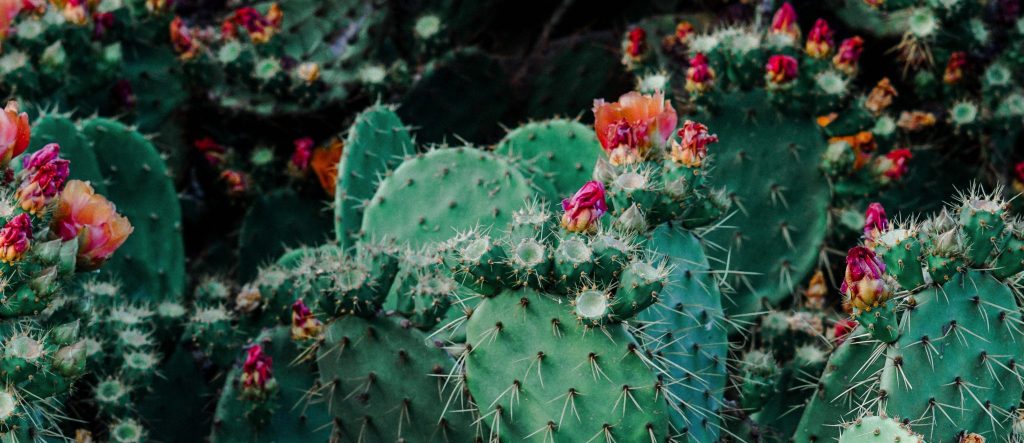Below are answers to some common questions. Please make sure that your question isn’t answered here before contacting me, as I will not respond to questions that are.
CRUELTY-FREE LISTS
WHAT CRITERIA DO YOU USE TO DETERMINE IF BRANDS ARE CRUELTY-FREE?
Vegan Rabbit is proud of our reputation for having the strictest cruelty-free standard on the internet:
- 100% VEGAN PRODUCT LINE (NO animal-derived ingredients)
- 100% CRUELTY-FREE
- NO animal testing for finished products
- NO animal testing for ingredients
- NO selling in mainland China
- Must be certified by Leaping Bunny
- 100% VEGAN & CRUELTY-FREE PARENT COMPANY (if they have one)
ARE ALL BRANDS ON YOUR CRUELTY-FREE LIST VEGAN?
YES. To Vegan Rabbit, a “cruelty-free” brand is a brand that both doesn’t test on animals and carries a 100% vegan product line. Vegan Rabbit believes a company, brand, or product can never be truly cruelty-free unless it is also free of all animal-derived ingredients.
SOME BRANDS ON YOUR LIST OF NON-CRUELTY-FREE BRANDS CLAIM THAT THEY DON’T TEST ON ANIMALS. WHY IS THAT?
Some brands try to play both sides. For example, they claim “we never test on animals unless required by law.” Logically, this means they do test on animals. For this reason, I recommend always reading the full policy, focusing on any loopholes or “outs” that company could theoretically exploit in an attempt to justify testing on animals.
Another possibility is the brand is owned by a parent company that tests on animals, so your money will still wind up in the hands of those who harm animals. For example, when someone buys a product from Urban Decay (which is individually cruelty-free) that money also supports their parent company, L’Oréal, which has knowingly chosen to sell products in mainland China where government authorities may test those products on animals.
I WANT TO KNOW IF A BRAND IS CRUELTY-FREE. CAN YOU HELP?
If you want me to research a brand that isn’t on my cruelty-free list, you can send me an email. I try to respond to emails as promptly as my schedule allows but be aware, if a company isn’t already on my cruelty-free list, it very likely doesn’t belong there anyway.
MY BRAND IS LEAPING BUNNY CERTIFIED, SO WHY AM I ON THE “FAKE CRUELTY-FREE COMPANIES” LIST?
As stated in the description of the list itself, it is the policy of Vegan Rabbit that companies and brands must be 100% vegan in order to be considered truly cruelty-free. Vegan Rabbit is primarily a resource for aspiring and established vegans — people who recognize that exploiting animals whether in labs or for ingredients is cruel and unnecessary. Let me know when your company is 100% vegan and I will promptly remove it from the fakers list and happily add it to the cruelty-free list.
CAN I PAY FOR MY BRAND TO BE ADDED TO THE CRUELTY-FREE LIST?
No.
VEGAN FOOD LISTS
WHY ARE SOME WELL-KNOWN VEGAN-FRIENDLY BRANDS NOT INCLUDED IN YOUR LISTS?
In order to ensure aspiring vegans and veg-curious folks have the best possible first impression of a vegan lifestyle, I only include brands that I feel represent the very best in flavor and quality. I’m constantly looking for new high quality brands to add to the list, so if you know of a lesser-known brand that deserves a chance, please let me know.
WHY DO YOU INCLUDE BRANDS LIKE JUST, INC. AND IMPOSSIBLE FOODS IN YOUR LIST OF VEGAN MEAT AND EGG BRANDS WHEN THEY TESTED ON ANIMALS?
Just, Inc. and Impossible Foods are included (and clearly marked as having tested on animals for transparency purposes) because the tests they conducted were done specifically and solely to obtain GRAS (Generally Recognized As Safe) status, which is implicitly necessary during the FDA vetting process of all new ingredients introduced into the food system and is necessary for any new ingredient that a company wishes to distribute on a mass scale (as is certainly the case with vegan products).
Everything from xanthan gum, pea protein concentrate, and rice protein (common ingredients in vegan products) to water has been tested on animals for the purpose of ensuring food safety. We have many alternatives at our disposal to prove a new ingredient’s safety without needing to test that ingredient on animals, but unfortunately the FDA doesn’t see it the way we do.
All that being said, in my own life, I choose to support companies that have not elected to conduct such experiments for any reason over companies that have and recommend others do the same, particularly if they are already vegan.

